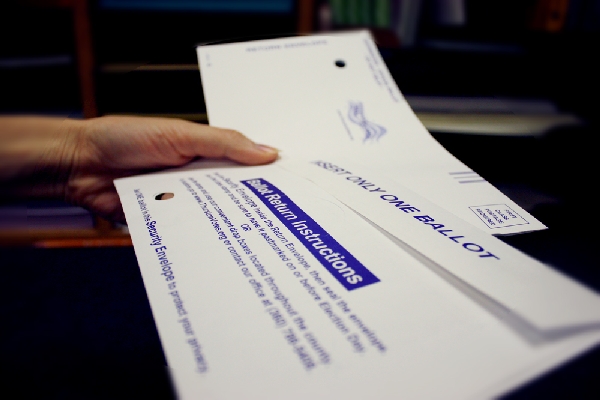
Voters in Ohio’s four largest cities decided eight local ballot measures on April 28, 2020. The election used mail-in absentee ballots, with disabled voters and those without a home address allowed to vote in-person at vote centers. Mail-in ballots needed to be postmarked by April 27 and will be counted if received by May 8.
In Cleveland, which is located in Cuyahoga County, voters approved Issue 5, Issue 6, and Issue 7. All three measures were put on the ballot by the Cleveland City Council.
- Issue 5 amended the city charter to be in accord with state law on the electronic tabulation of ballots.
- Issue 6 limited the annual salary increase of city council members to the percentage increase in salary of a majority of city-recognized unions.
- Issue 7 amended the city charter to allow the first city council meeting in January to be held on the first business day if the first Monday is on a legal holiday.
- Voters also approved the countywide measure, Issue 33, to increase the county’s property tax to provide funding for health and human or social services. Under Issue 33, the property tax is increased from $390 to $470 per $100,000 of assessed property value. In Ohio, assessed property value for taxation is set at 35% of market value. Issue 33 had the support of U.S. Reps. Marcia Fudge (D) and Marcy Kaptur (D), as well as Cleveland Mayor Frank Jackson.
In Columbus, Ohio, voters approved a $300-million bond issue, titled Issue 21, for Columbus State Community College and a property tax renewal measure, titled Issue 20, for Southwest Public Libraries.
Measures in Cincinnati and Toledo were too-close-to-call as of April 29, with additional mail-in ballots being counted through May 8.
In Cincinnati, Issue 7 was leading by 625 votes out of 131,261 total reported votes. Issue 7 would authorize the Hamilton County Southwest Ohio Regional Transit Authority to impose a 0.8% sales tax to raise revenue for infrastructure improvements and operating the Metro transportation system. Cincinnati Public Radio reported that there were at least 14,736 outstanding absentee ballots remaining and 4,280 provisional ballots that could be counted.

